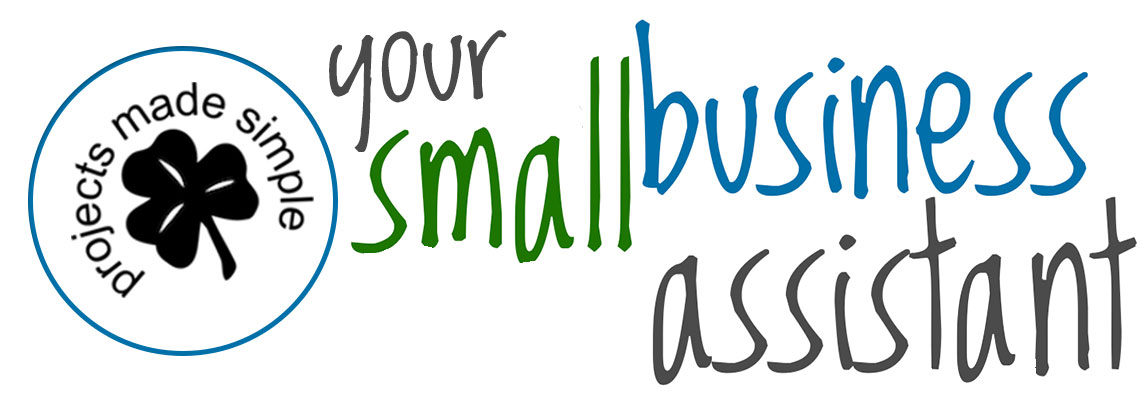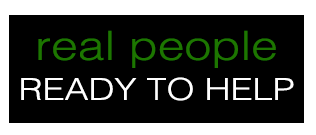Let’s talk about ChatGPT for a moment. In the realm of artificial intelligence, ChatGPT stands tall as a testament to human innovation and ingenuity. With its advanced capabilities to generate coherent and contextually relevant text, ChatGPT has revolutionized various aspects of our lives, from content creation to customer support. However, while ChatGPT offers many opportunities, it also raises crucial questions about the boundaries of copyright and what we can and cannot use.
The Power of ChatGPT: Unleashing Creativity
ChatGPT, powered by OpenAI’s GPT-3.5 architecture, has taken the AI world by storm. It can compose articles, craft poetry, draft emails, and even code snippets, replicating human-like language patterns and creating text that often appears indistinguishable from that written by a person. The potential applications for ChatGPT are vast, from assisting writers and marketers to enhancing educational tools and aiding brainstorming sessions. Wow! That’s pretty impressive.
As content generation becomes more seamless with ChatGPT, creative professionals can tap into this impressive AI-powered assistant to overcome writer’s block and generate fresh ideas. This can be particularly valuable for bloggers, journalists, and authors, as ChatGPT can provide a foundation for their work, sparking their creativity and enabling them to take their content in new directions.
Do’s and Don’ts: Navigating the Use of ChatGPT
As you explore the vast capabilities of ChatGPT, it’s crucial to do so responsibly, ethically, and within legal boundaries. Here’s a comprehensive list of do’s and don’ts to guide your usage of ChatGPT:
Do’s:
- Use ChatGPT for Inspiration: Utilize ChatGPT to spark your creativity, overcome writer’s block, and generate ideas that you can build upon with your own unique insights.
- Content Drafting: Draft articles, blog posts, emails, and other written content using ChatGPT’s assistance. However, ensure that you provide substantial input and transform the AI-generated text to make it your own.
- Summarize and Paraphrase: Utilize ChatGPT to create summaries, paraphrased versions, and explanations of complex topics. This can help you provide valuable insights while avoiding direct replication of copyrighted content.
- Educational Tools: Integrate ChatGPT into educational tools to enhance learning experiences. The AI can provide explanations, answer questions, and generate practice problems, fostering a deeper understanding of subjects.
- Personal Productivity: Leverage ChatGPT to help with tasks such as generating code snippets, brainstorming ideas, and drafting outlines for various projects.
- Language Translation: Use ChatGPT for translating text between languages. However, verify translations for accuracy and cultural nuances.
- Creative Writing Prompts: Generate writing prompts and creative ideas for your storytelling, poetry, and other creative writing endeavors.
Don’ts:
- Plagiarism: Avoid directly copying and pasting AI-generated content without substantial transformation. Always add your original input and insights to the text.
- Verbatim Usage of Copyrighted Content: Refrain from using verbatim AI-generated content that closely resembles copyrighted material. This can lead to allegations of copyright infringement.
- Commercial Use of Untransformed Text: Do not use AI-generated text for commercial purposes without substantial transformation. Ensure that your content is unique and distinctive to prevent potential legal issues.
- Violating Copyright Laws: Do not use ChatGPT to intentionally create content that infringes upon copyrights or intellectual property rights.
- Unverified Medical or Legal Advice: Avoid relying solely on ChatGPT for medical, legal, or other specialized advice. Always consult professionals in these fields for accurate and reliable information.
- Generating Harmful or Offensive Content: Refrain from using ChatGPT to create content that promotes hate speech, discrimination, violence, or any form of harm.
- Manipulative or Misleading Content: Do not use ChatGPT to create content that aims to deceive, manipulate, or spread false information.
- Impersonation: Avoid using ChatGPT to impersonate individuals, companies, or organizations, as this can lead to misunderstandings and legal issues.
In essence, ChatGPT is a powerful tool that can enhance your creative endeavors and productivity, but its usage must align with ethical principles and legal considerations. By following these do’s and don’ts, you can harness the capabilities of ChatGPT responsibly while respecting the rights of content creators and maintaining the integrity of your work.
Visit us at www.projectsmadesimplellc.com to discover a world of possibilities and how we can help you and your business.
References:
OpenAI. (2021). “Introducing ChatGPT.” OpenAI Blog.
United States Copyright Office. (2021). “Copyright Basics.”
Electronic Frontier Foundation. (2020). “GPT-3 and Copyright: When AI Writes, Who Owns the Text?”
Plagiarism Today. (2023). “AI and Copyright: A Complex Relationship.”




